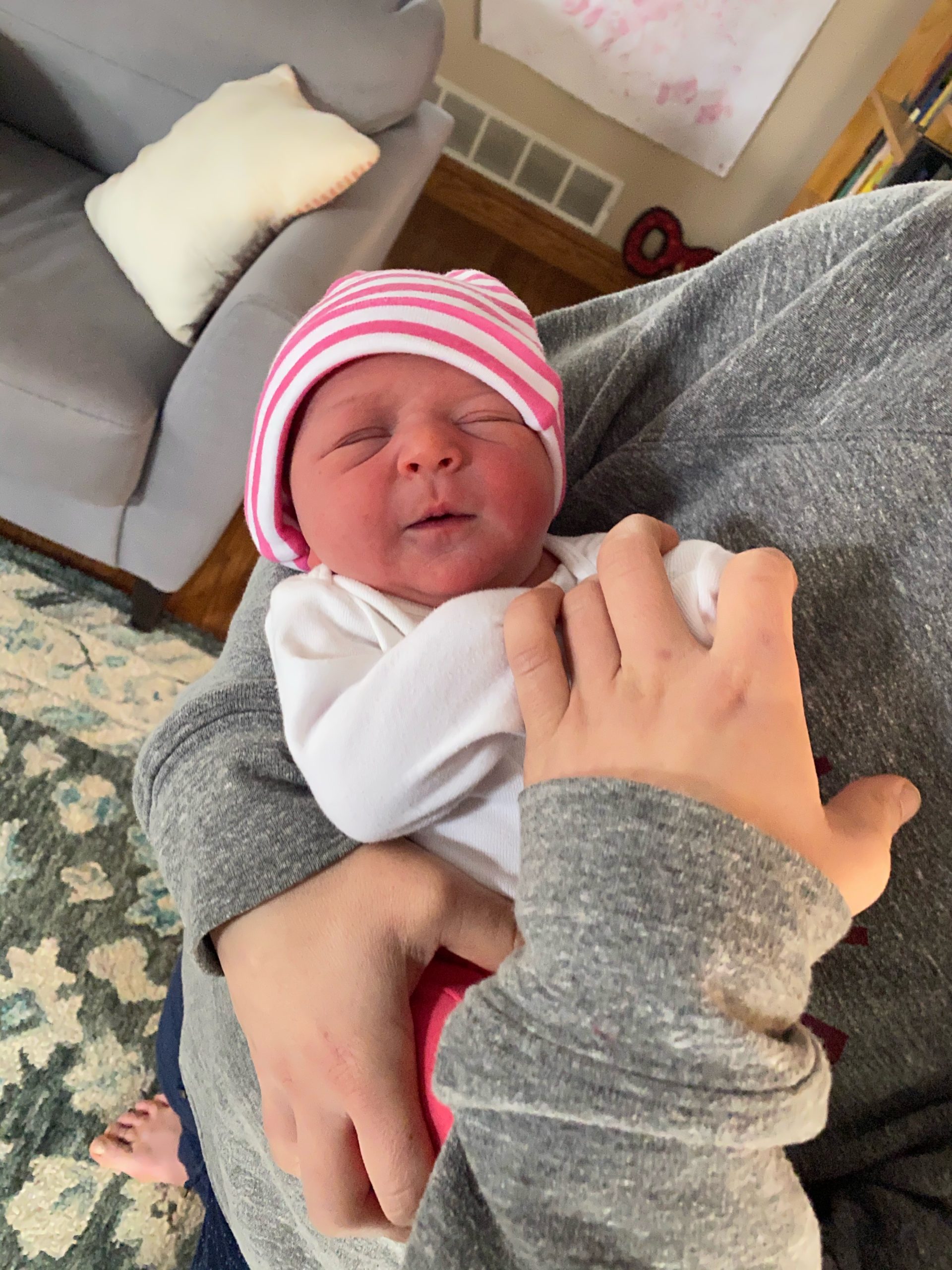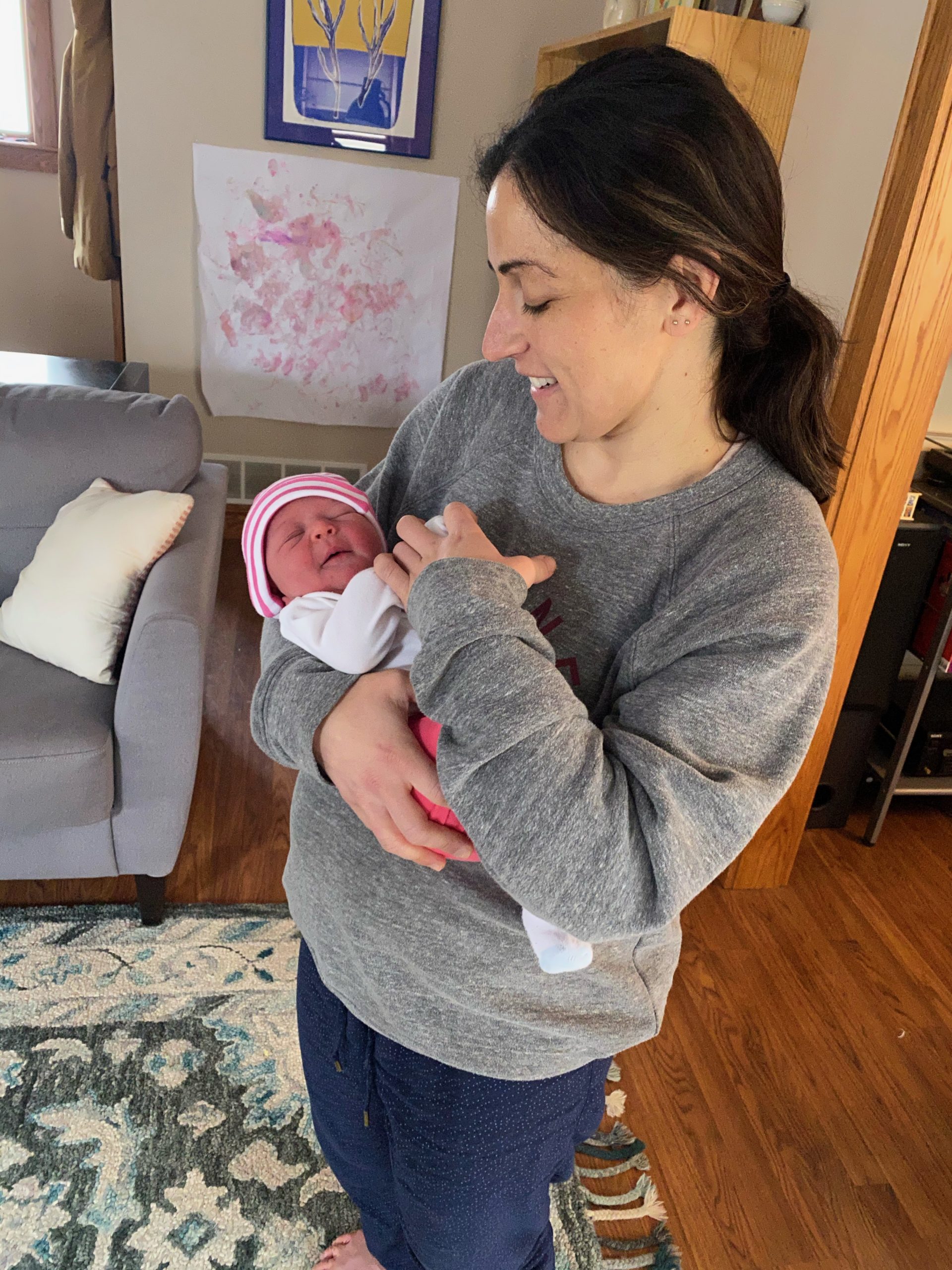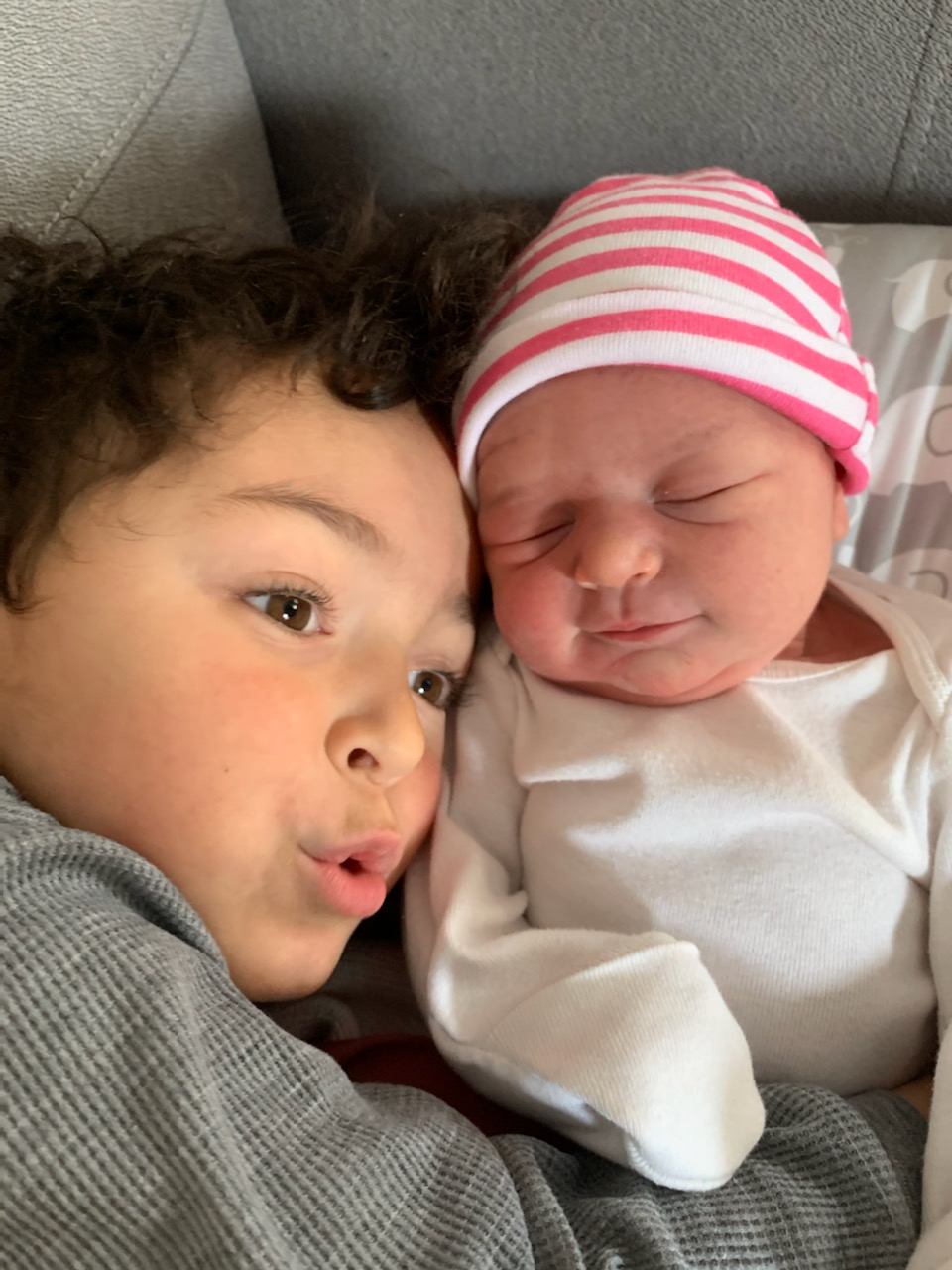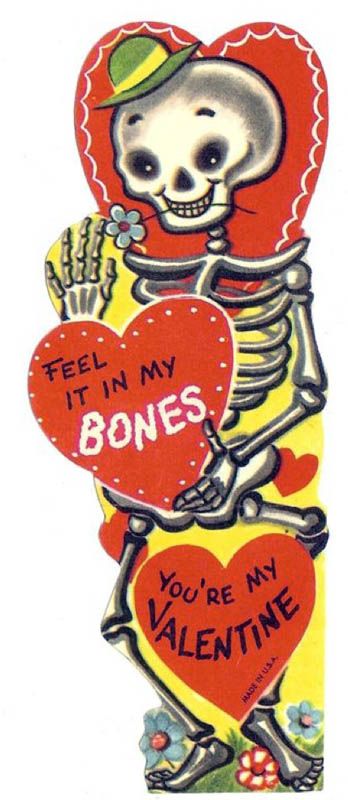William Ballard Doggett (February 16, 1916 – November 13, 1996) was an American jazz and rhythm and blues pianist and organist. Best known for his compositions “Honky Tonk” and “Hippy Dippy”, he worked with the Ink Spots, Johnny Otis, Wynonie Harris, Ella Fitzgerald, and Louis Jordan.
Doggett was born in Philadelphia. During the 1930s and early 1940s he worked for Lucky Millinder, Frank Fairfax and arranger Jimmy Mundy. In 1942 he was hired as the Ink Spots‘ pianist and arranger.
In 1951, Doggett organized his own trio and began recording for King Records. His best known recording is “Honky Tonk“, a rhythm and blues hit of 1956, which sold four million copies (reaching No. 1 R&B and No. 2 Pop), and which he co-wrote with Billy Butler. The track topped the US Billboard R&B chart for over two months. He also arranged for many bandleaders and performers, including Louis Armstrong, Count Basie, Ella Fitzgerald, and Lionel Hampton.
see full post...Machito (born Francisco Raúl Gutiérrez Grillo, December 3, 1909 – April 15, 1984) was a Latin jazz musician who helped refine Afro-Cuban jazzand create both Cubop and salsa music. He was raised in Havana with the singer Graciela, his foster sister.
In New York City, Machito formed the Afro-Cubans in 1940, and with Mario Bauzá as musical director, brought together Cuban rhythms and big bandarrangements in one group. He made numerous recordings from the 1940s to the 1980s, many with Graciela as singer. Machito changed to a smaller ensemble format in 1975, touring Europe extensively. He brought his son and daughter into the band, and received a Grammy Award in 1983, one year before he died.
Machito’s music had an effect on the careers of many musicians who played in the Afro-Cubans over the years, and on those who were attracted to Latin jazz after hearing him. George Shearing, Dizzy Gillespie, Charlie Parker and Stan Kenton credited Machito as an influence. An intersection in East Harlem is named “Machito Square” in his honor.
see full post...Johnny Pacheco, the Dominican Republic-born flautist-turned-bandleader and the co-founder of the influential Fania Records, the label that brought salsa to the global mainstream, died on Feb.15 in Teaneck, New Jersey. He was 85. A cause of death has yet to be revealed; Billboard, citing sources, reports that Pacheco had “been hospitalized for complications stemming from pneumonia.”
A solo artist who released dozens of albums of his own since 1961, and as part of Pacheco y Su Charanga, he recorded and played live as part of the legendary Latin supergroup, the Fania All-Stars, and was awarded a Latin Grammy Lifetime Achievement Award in 2005.
https://www.youtube.com/watch?v=Z6kdbGbfH9c
see full post...Mardi Gras in New Orleans typically means dancing in the streets, standing shoulder to shoulder with strangers and watching one parade after another roll by while slowly becoming a human bead tree. But Mardi Gras 2021 will be different.
Parades won’t roll. There will be no large crowds or events. The health and safety of our community is a priority, but that doesn’t mean Mardi Gras is cancelled.
In the days leading up to February 16, expect the king cakes to flow in abundance and krewes to find new ways to keep the Mardi Gras spirit alive.
see full post...NGC 613, a barred spiral galaxy 67 million light-years away in the southern constellation of Sculptor, shows its stunning stellar markings in this image taken by the Hubble Space Telescope. The galaxy, which was first discovered in 1798, is most recognizable by its long “arms,” that spiral around its nucleus clearly.

Alistair Ian Campbell (born 15 February 1959) is an English singer and songwriter who was the lead singer and a member of the English reggaeband UB40. As part of UB40, Campbell sold over 70 million records worldwide and toured the globe for 30 years. In 2008, Campbell left UB40 due to a dispute with band management and embarked on a solo career. In 2012, Campbell was announced as one of the three judges on the judging panel of the TV show, New Zealand’s Got Talent. In August 2014, Campbell announced that he had reunited with former UB40 band mates Astro and Mickey to record a new album, Silhouette, released on 6 October 2014.
see full post...Herlin Riley (born February 15, 1957) is an American jazz drummer and a member of the Lincoln Center Jazz Orchestra led by Wynton Marsalis.
A native of New Orleans, Riley started on the drums when he was three. He played trumpet through high school, but he went back to drums in college. After graduating, he spent three years as a member of a band led by Ahmad Jamal. He has worked often with Wynton Marsalis as a member of the Jazz at Lincoln Center Orchestra and of Marsalis’s small groups. He has also worked with George Benson, Harry Connick, Jr., and Marcus Roberts.
Riley played a large part in developing the drum parts for Wynton Marsalis’s Pulitzer Prize-winning album, Blood on the Fields. He is a lecturer in percussion for the jazz studies program at the Bienen School of Music at Northwestern University in Evanston, Illinois.
see full post...Kirkland “Kirk” Lightsey (born February 15, 1937, Detroit, Michigan) is an American jazz pianist.
Lightsey had piano instruction from the age of five and studied piano and clarinet through high school. After service in the Army, Lightsey worked in Detroit and California in the 1960s as an accompanist to singers. He also worked with jazz musicians such as Yusef Lateef, Betty Carter, Pharoah Sanders, Bobby Hutcherson, Sonny Stitt, Chet Baker, and Kenny Burrell. From 1979 to 1983 he toured with Dexter Gordon and was a member of The Leaders in the late 1980s. During the 1980s he led several sessions of his own, including duets with pianist Harold Danko. In the 1980s and since he has worked with Jimmy Raney, Clifford Jordan, Woody Shaw, David Murray, Joe Lee Wilson, Louis Stewart, Adam Taubitz, Harold Land and Gregory Porter.
see full post...James “Kokomo“ Arnold (February 15, 1896 or 1901 – November 8, 1968) was an American blues musician. A left-handed slide guitarist, his intense style of playing and rapid-fire vocal delivery set him apart from his contemporaries. He got his nickname in 1934 after releasing “Old Original Kokomo Blues” for Decca Records, a cover version of Scrapper Blackwell‘s blues song about the city of Kokomo, Indiana.[
Arnold was born in Lovejoy’s Station, Georgia. Most sources give the date his birth as 1901, but the researchers Bob Eagle and Eric LeBlanc give the date as 1896, on the basis of information in the 1900 census. He learned the basics of playing the guitar from his cousin, John Wiggs.
Arnold began playing in the early 1920s as a sideline, when he was working as a farmhand in Buffalo, New York, and as a steelworker in Pittsburgh, Pennsylvania. In 1929 he moved to Chicago and ran a bootlegging business, an activity he continued until the end of Prohibition. In 1930 he moved south briefly and made his first recordings, “Rainy Night Blues” and “Paddlin’ Madeline Blues”, under the name Gitfiddle Jim, for the Victor label in Memphis. He soon moved back to Chicago, where he was forced to make a living as a musician after Prohibition ended in 1933. Kansas Joe McCoy heard him and introduced him to Mayo Williams, a producer for Decca Records. From his first recording for Decca, on September 10, 1934, until his last, on May 12, 1938, Arnold made 88 sides, seven of which have been lost.
Arnold, Peetie Wheatstraw and Bumble Bee Slim were well-known musicians in Chicago blues circles at that time. Wheatstraw and Arnold, in particular, were also major influences on their contemporary, the Delta blues artist Robert Johnson. Johnson turned “Old Original Kokomo Blues” into “Sweet Home Chicago” and “Milk Cow Blues” into “Milkcow’s Calf Blues“. Another Arnold song, “Sagefield Woman Blues”, introduced the phrase “dust my broom“, which Johnson used as a song title.
see full post...Sadie Perryman born Thursday February 11th 2021 @ 12:02 am just after midnight. Maya & baby doing wonderfully well. My first grand daughter! And brother Hendrix with sister Sadie!


https://www.youtube.com/watch?v=CM138qRMoyU
see full post...New General Catalog designation of NGC 2237 doesn’t appear to diminish the appearance of this flowery emission nebula, at the top of the image, atop a long stem of glowing hydrogen gas. Inside the nebula lies an open cluster of bright young stars designated NGC 2244. These stars formed about four million years ago from the nebular material and theirstellar winds are clearing a hole in the nebula’s center, insulated by a layer of dust and hot gas. Ultraviolet light from the hot cluster stars causes the surrounding nebula to glow. The Rosette Nebula spans about 100 light-years across, lies about 5000 light-years away, and can be seen with a small telescope towards the constellation of the Unicorn (Monoceros).

Timothy Charles Buckley III (February 14, 1947 – June 29, 1975) was an American vocalist, songwriter, guitarist and producer. His music and style changed considerably through the years. Buckley began his career based in folk music, but his subsequent albums experimented with jazz, psychedelia, funk, soul, avant-garde and an evolving voice-as-instrument sound. He died at the age of 28 from a heroin and morphine overdose, leaving behind his sons Taylor and Jeff.
Tim Buckley was born in Washington, D.C. on Valentine’s Day, February 14, 1947, to Elaine (née Scalia), an Italian American, and Timothy Charles Buckley Jr., a decorated World War II veteran and son of Irish immigrants from Cork. He spent his early childhood in Amsterdam, New York, an industrial city about 40 miles (64 km) northwest of Albany. At five years old, Buckley began listening to his mother’s progressive jazz recordings, particularly Miles Davis.
On June 28, 1975, Buckley completed a tour with a last show in Dallas, playing to a sold-out crowd of 1,800 people. He celebrated with a weekend of drinking with his band and friends. The following night, Buckley accompanied longtime friend, Richard Keeling, to his house. At some point, Keeling produced a bag of heroin, some of which Buckley ingested.
Buckley’s friends took him home and—seeing his inebriated state—his wife Judy laid him on the living-room floor and questioned his friends as to what had happened.She moved Buckley into bed. When she checked him later, Buckley’s wife found he was not breathing and blue. Attempts by friends and paramedics to revive him were unsuccessful, and he was pronounced dead.
The coroner‘s report stated Buckley died at 9:42 p.m. on June 29, 1975, from “acute heroin/morphine and ethanol intoxication due to inhalation and ingestion of overdose”. Buckley’s sound recorder was surprised by the musician’s death, recalling that at Buckley’s last show that “someone offered him a drag off a joint and he refused. He didn’t appear strung out in any way. He was very together both physically and psychologically.”
Buckley’s tour manager, Bob Duffy, said Buckley’s death was not expected, but “was like watching a movie, and that was its natural ending.”
Other friends saw his fate as predictable, if not inevitable. Beckett recalled how Buckley took chances with his life, including dangerous driving, drinking alcohol, taking pills and heroin.
Given the circumstances of his death, police charged Keeling with murder and distribution of heroin. At his hearing on August 14, 1975, Keeling pleaded guilty to involuntary manslaughter and, after failing to complete community service, was sentenced to 120 days in jail and four years’ probation.
see full post...Maceo Parker (/ˈmeɪsioʊ/; born February 14, 1943) is an American funk and soul jazz saxophonist, best known for his work with James Brown in the 1960s, as well as Parliament-Funkadelic in the 1970s. Parker was a prominent soloist on many of Brown’s hit recordings, and a key part of his band, playing alto, tenor and baritone saxophones. Since the early 1990s, he has toured under his own name.
Parker was born in Kinston, North Carolina. Parker’s father played piano and drums in addition to singing in church with Parker’s mother; his brother Melvin played drums and his brother Kellis played the trombone. Parker and his brother Melvin joined James Brown in 1964; in his autobiography, Brown claims that he originally wanted Melvin as his drummer, but agreed to additionally take Maceo under his wing as part of the deal. In 1970, Parker, his brother Melvin, and a few of Brown’s band members left to establish the band Maceo & All the King’s Men, which toured for two years.
In January 1973, Parker rejoined with James Brown. He also charted a single “Parrty – Part I” (#71 pop singles) with Maceo & the Macks that year. In 1975, Parker and some of Brown’s band members, including Fred Wesley, left to join George Clinton’s band Parliament-Funkadelic. Parker once again re-joined James Brown from 1984 to 1988.
see full post...
Merl Saunders (February 14, 1934 – October 24, 2008) was an American multi-genre musician who played piano and keyboards, favoring the Hammond B-3 console organ.
Born in San Mateo, California, Saunders attended Polytechnic High School in San Francisco. In his first band in high school was singer Johnny Mathis. He served in the Air Force from 1953 to 1957. He worked as musical director of the Billy Williams Revue and served in a similar capacity in Oscar Brown Jr.‘s off-Broadway show, Big Time Buck White.
He gained notice in the 1970s when he began collaborating with Jerry Garcia, with whom he had begun playing in 1971 at a small Fillmore Street nightclub called The Matrix. He sat in with the Grateful Dead, and co-founded the Saunders/Garcia Band which produced three albums, and which became the Legion of Mary with the addition of Martin Fierro (sax) in 1974. It disbanded the following year, but he and Garcia continued to collaborate in the band Reconstruction during 1979, collaborating with Ed Neumeister (trombone), Gaylord Birch (drums) and John Kahn (bass).
He led his own band as Merl Saunders and Friends, playing live dates with Garcia, as well as Mike Bloomfield, David Grisman, Michael Hinton, Tom Fogerty, Vassar Clements, Kenneth Nash, John Kahn and Sheila E.. He also collaborated with Grateful Dead percussionist Mickey Hart in the band High Noon.
see full post...Dwike Mitchell (born Ivory Mitchell Jr.; February 14, 1930 – April 7, 2013) was an American piano player and teacher. He began his career as pianist for the Lionel Hampton Orchestra before joining Willie Ruff to form The Mitchell-Ruff Duo jazz group.
Mitchell joined the orchestra of the jazz musician Lionel Hampton. Hampton had heard Mitchell play at Lockbourne five years earlier and told him at the time that he wanted him as his pianist.Mitchell had abandoned his given name, Ivory, because of its popular association with piano keys. His new professional name, Dwike, was his mother’s suggestion, based on several family names.
In 1954 Mitchell was reunited with French horn player Willie Ruff, whom Mitchell had befriended when both were stationed at Lockbourne. Ruff had just received a master’s degree in music from Yale and was considering offers from two symphony orchestras. On television, he had seen Lionel Hampton’s orchestra perform on The Ed Sullivan Show and recognized Mitchell when the camera panned to the pianist. Ruff immediately phoned the television station, and in the ensuing conversation Mitchell convinced Ruff to abandon his symphony plans and instead join the Hampton orchestra.
see full post...